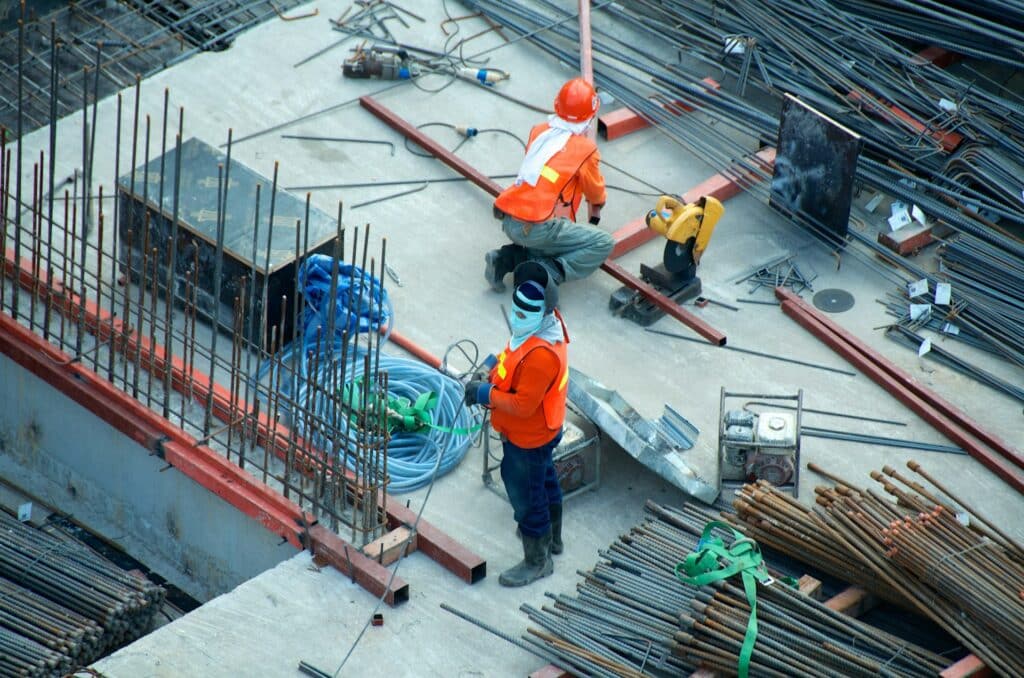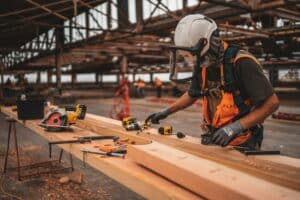Building a home or a commercial property in Thailand can be an exciting venture, but it’s important to understand the local land laws before starting any construction project. Thailand’s regulations on land ownership, title deeds, building permits, and environmental laws can be complex, especially for foreigners. Knowing these laws helps prevent legal issues and ensures your project goes smoothly.
Understanding Land Ownership Restrictions for Foreigners
In Thailand, land ownership laws are strict, particularly for foreigners. Thai law prevents foreigners from owning land directly. However, there are legal avenues to consider if you wish to build in Thailand.
One popular option is leasing land. Foreigners can lease land for up to 30 years, with an option to renew the lease. This allows you to build and use the land without actually owning it. Make sure the lease is properly registered with the Land Department to ensure it’s legally binding.
Company ownership is another method. A foreigner can set up a Thai company with Thai partners, where the company can own the land. However, the foreigner can only hold up to 49% of the company, with the majority owned by Thai nationals. This option needs careful legal scrutiny to ensure compliance with Thai law.
Lastly, some foreigners marry Thai nationals and register the land in their spouse’s name. While this offers another pathway, it’s important to remember that the foreign spouse is the legal owner, and the foreign partner has no direct claim.
Securing the Right Land Title Deed
In Thailand, securing the correct land title deed is crucial. The type of deed you hold dictates your rights over the land, and choosing the wrong one can result in legal complications.
The Chanote (Nor Sor 4) is the most secure and recognised land title. It grants full ownership and rights to use the land as you wish. If you plan to build, having a Chanote provides peace of mind and legal clarity.
The Nor Sor 3 Gor and Nor Sor 3 are other types of title deeds. The Nor Sor 3 Gor allows ownership but must be surveyed by the Land Department, whereas the Nor Sor 3 is less precise and often pending full title upgrade. These deeds provide limited security and might require additional steps before building.
Then there are the Sor Kor 1 and Por Bor Tor 5. These are temporary or lower-security titles. They don’t provide full ownership and are typically not suitable for substantial building projects.
Always verify the title deed with the Land Department and consult a legal advisor. Ensuring you have the right type of deed helps avoid disputes and confirms you have legal rights to develop the land.
Navigating Building Permits and Regulations
Securing the necessary building permits and complying with local regulations is a crucial part of any construction project in Thailand. Each province may have its own set of rules, and understanding them can save time and prevent problems.
First, you need to submit detailed building plans to the local government office. These plans should include architectural designs, structural details, and utility layouts. Make sure all documents are complete and accurate to avoid delays in the approval process.
Once the plans are approved, you will receive a building permit. This permit is your official permission to start construction. Keep it on-site during the building process, as inspectors may ask to see it.
Compliance with local building codes is also essential. These codes cover safety standards, structural integrity, and fire regulations. Failing to adhere to these codes can lead to fines or even a halt in construction. Regular inspections by local authorities ensure that your building meets all legal requirements.
Lastly, be aware of specific regulations for foreigners. You may need additional approvals if you are a foreigner managing a construction project. Consulting with a local expert or lawyer familiar with Thai construction laws can help navigate these complexities.
Dealing with Environmental and Zoning Laws
Environmental and zoning laws in Thailand are designed to protect natural resources and ensure sustainable development. Ignoring these regulations can lead to serious legal consequences and harm the environment.
Zoning laws dictate the types of buildings allowed in different areas. Check the zoning regulations for your chosen site to ensure your project complies. Some zones are designated for residential use, while others are for commercial or agricultural purposes. Building in the wrong zone can result in fines and the need to alter or dismantle your structure.
Environmental laws focus on protecting natural habitats, managing waste, and preventing pollution. Conduct an environmental impact assessment (EIA) if required for your project. The EIA will evaluate potential environmental effects and suggest mitigation measures.
Additionally, consider incorporating eco-friendly practices into your construction plan. Use sustainable materials, reduce waste, and implement water and energy conservation measures. These steps not only comply with environmental laws but also promote a greener building approach.
Consulting with local officials and environmental experts can help you understand and follow these laws. Adhering to environmental and zoning regulations ensures your project progresses smoothly and responsibly.
Navigating Thailand’s Land Laws: Key Facts for Builders
Understanding the land laws before building in Thailand is vital to ensure your project goes off without a hitch. From navigating land ownership restrictions for foreigners to securing the right land title deed, each step must be carefully managed.
Taking the time to understand these legal requirements can save a lot of trouble in the long run. It’s always a good idea to consult with local experts who are familiar with Thai laws and regulations. This will help you avoid common pitfalls and ensure your building project is successful.
If you’re planning to build in Koh Samui and need expert guidance, contact CJ Samui Builders. Our experienced team can help you navigate the complexities of Thai construction laws and ensure your project is completed smoothly and efficiently. Let our local construction company in Koh Samui help you bring your dream project to life!




